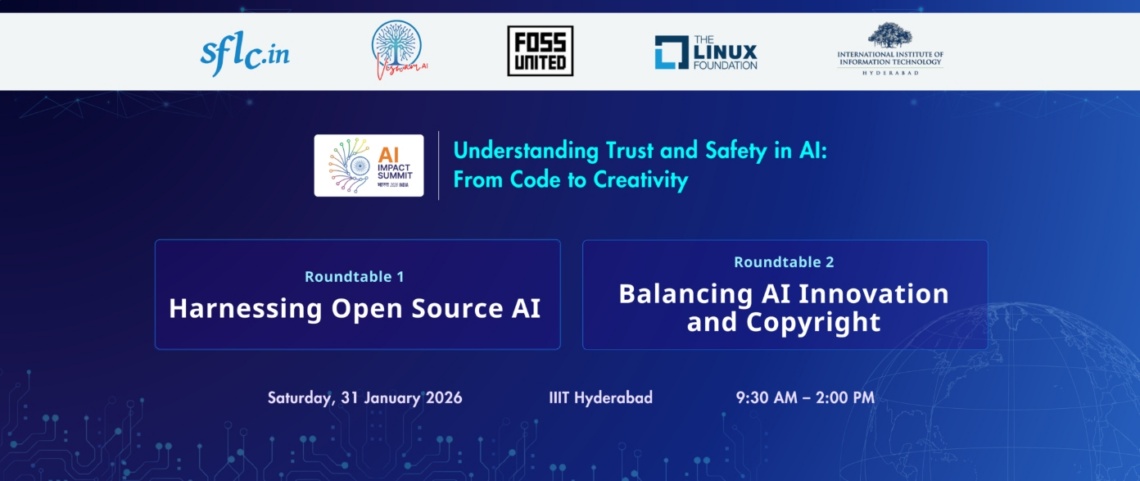The Rise of the Open-Source Platform
The success of closed-source companies (like Microsoft in the early days of the digital revolution) made it easyto write off open source as a niche movement with little real-world relevance. Butthe concept of open source is almost as old as software itself — ithasbeen, and continues to be, a viable option.
The rise of Linux proved as much, and the result was plenty ofcore infrastructure software. Now, we’vereached a point where major tech companies — Microsoft included — are realizing the benefits of open-sourcing their core platforms and infrastructure. Building on this momentum will require give and take by the entire open-source community.
Netflix took an early lead whenitopen sourced many of itscloud management tools. Doing soallowed Netflixto set standards in some areas of cloud management (which persist across alternative tools). It also allowed Netflixto recruit engineers working on their open-source projects —a major competitive advantage in today’s hiring market.
Large technology companies create only some open-source projects, however, and many struggle to come up with the necessary fundingfor development. That reality was illustrated recently when a major security bug known asHeartbleedwas discovered in theOpenSSLcryptographic library, which powers mosthttps-enabled sites on the Internet.
Link to the article : http://www.enterprisetech.com/2015/11/12/the-rise-of-the-open-source-platform/
Raspberry Pi Zero: a $5 computer
Pi Zero is a tiny device and contains the first generation Raspberry Pi’s BCM2835 chip, safely overclocked to 1GHz. Pi Zero packs the same great GPU as the regular Raspberry Pi, and comes with 512MB RAM. It runs Linux, and runs all the programs and applications any other Pi will—including Python, Sonic Pi, Java, a web browser, and much more. You can run a media center, teach programming with it, learn to make music, or embed it in a project—and it fits on your keyring! Link to the article : https://opensource.com/business/15/11/raspberry-pi-zero
FSF, Conservancy publish principles for community-oriented GPL enforcement
The Free Software Foundation (FSF) today announced publication of “The Principles of Community-Oriented GPL Enforcement,” co-authored with the Software Freedom Conservancy. The document lays out the principles that both organizations follow when they receive reports that a company is violating copyleft terms like the GNU General Public License (GNU GPL).
Link to the article : https://www.fsf.org/news/fsf-conservancy-publish-principles-for-community-oriented-gpl-enforcement
BlackBerry is leaving Pakistan for ‘security reasons’
BlackBerry has pulled out of Pakistan, a country with a population of 180 million, citing “security reasons,” according to a blog post.
The company objected to the Pakistani government’s requests for a “back door” into its internet services, which included email and BlackBerry Messenger (BBM). “We do not support ‘back doors’ granting open access to our customers’ information and have never done this anywhere in the world,” said COO Marty Beard.
Link to the article:http://www.businessinsider.in/BlackBerry-is-leaving-Pakistan-for-security-reasons/articleshow/49982216.cms



